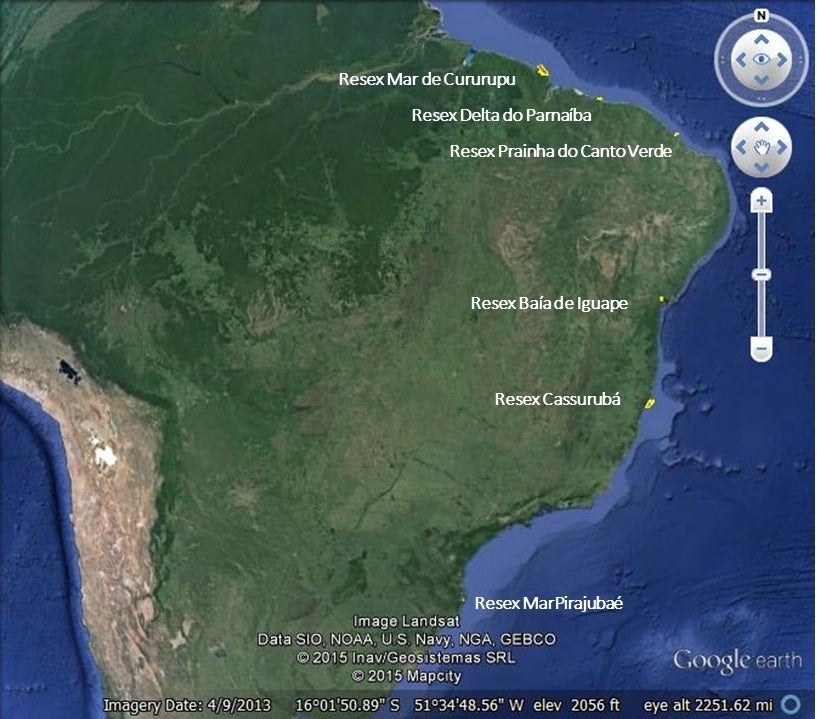 Next week, the House of Representatives will consider H.R. 1335, a bill to reauthorize the Magnuson-Stevens Fishery Conservation and Management Act. Fisheries issues often avoid the partisanship that otherwise rules (some would say cripples) Washington, but the Natural Resources Committee voted out H.R. 1335 strictly on party lines, and we expect the same outcome next week. That’s a shame, not only because of the breakdown of bipartisanship, but also because this is a bad bill.
Next week, the House of Representatives will consider H.R. 1335, a bill to reauthorize the Magnuson-Stevens Fishery Conservation and Management Act. Fisheries issues often avoid the partisanship that otherwise rules (some would say cripples) Washington, but the Natural Resources Committee voted out H.R. 1335 strictly on party lines, and we expect the same outcome next week. That’s a shame, not only because of the breakdown of bipartisanship, but also because this is a bad bill.
Many have written about how much U.S. fisheries management has improved over the last several years. A recent report from NOAA Fisheries confirms that overfishing numbers hit all-time low in 2014, and that 37 species around the country have rebuilt since 2000. EDF is proud to have worked side-by-side with the fishing industry as these gains have been made – not only because they’re delivering a healthier marine environment but also because they’re supporting more profitable fishing businesses and more prosperous coastal communities. Unfortunately, H.R. 1335 would jeopardize this progress. It would also put unnecessary restrictions on the decisions of the regional fishery management councils, long the bedrock of fishery management in the United States and a means for local fishermen and others to participate directly in the rulemaking process. Read More










 By: Erica Cunningham
By: Erica Cunningham